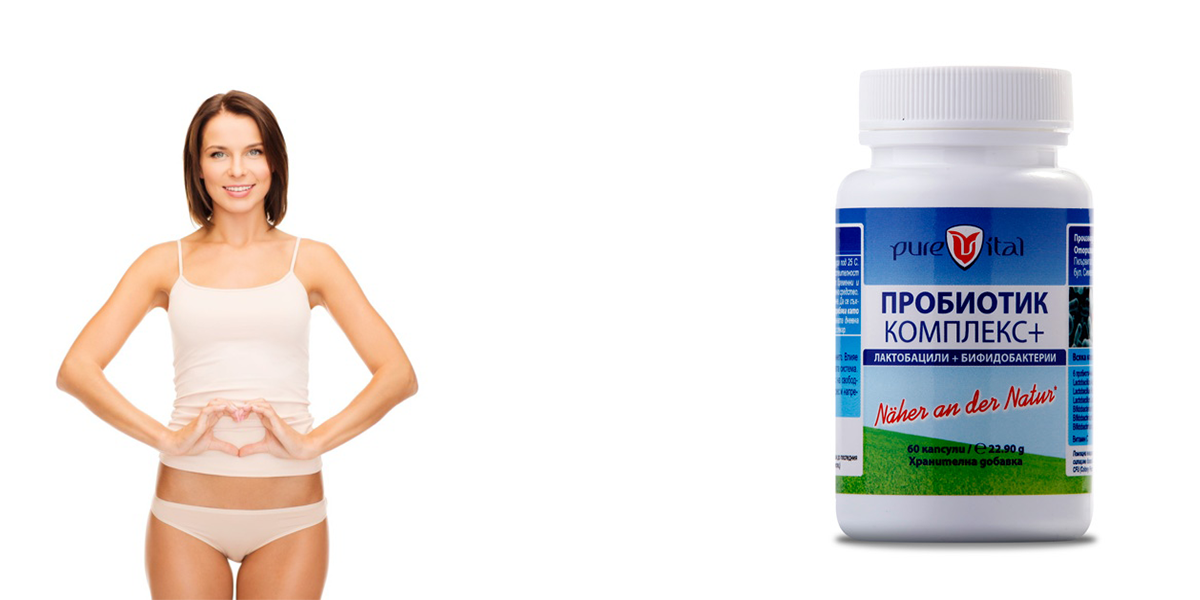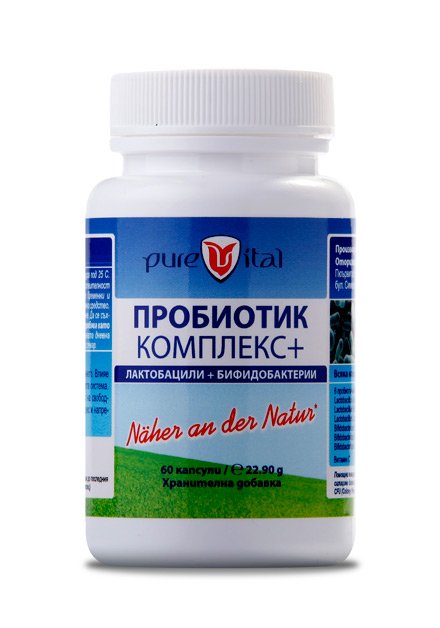The recommended daily dose contains:
- Vitamin C 56,498 mg
- Lactobacilli and Bifidobacteria 41,000 mg
Vitamin C
When it comes to colds, vitamin C is on everyone's lips - literally, because it provides valuable support for the immune system. Equally important is its effect as an antioxidant: vitamin C, just like vitamins A and E, neutralizes free radicals that can damage cells in our body. Vitamin C is involved in the production of endogenous collagen and controls the production of L-carnitine. It also plays an important role in the development of teeth, gums, muscles and bones, as well as in burning fat. Since vitamin C helps the absorption of iron, it has a beneficial effect on the oxygen content of the blood. Vitamin C deficiency can be manifested by frequent and prolonged infections and colds. Its absence affects our general well-being and our ability to work. Because of its central role in the formation of connective tissue, the lack of vitamin C also has a negative effect on the structure and health of the skin. Fresh fruits and vegetables with universal vitamin C should be present in our menu every day. The most famous suppliers of vitamin C are of course citrus fruits. Vitamin C, which is also known as ascorbic acid, greatly contributes to their fresh taste. The unsung heroes when it comes to vitamin C, however, are potatoes, which are also high in ascorbic acid. Both broccoli and peppers have more vitamin C than the classic orange. But a person cannot always carefully compose his daily menu. In addition, many people have an increased need for vitamin C, such as smokers or athletes, as well as people who are under daily stress. Dietary supplements can provide in these cases an adequate supply of vitamin C. Vitamin C lowers the pH of the urine and thus helps to reduce the bacteria in the urinary tract that are not resistant to acid. Vitamin C is important for biosynthesis and supports detoxification processes in the body. It is also involved in iron metabolism. Vitamin C also stimulates the production of norepinephrine and supports the conversion of fat into energy. With this, vitamin C is an active dietary supplement for burning fat. Some nutritionists recommend up to 1 gram of vitamin C per day at the start of a weight loss diet.
|
Lactobacilli and Bifidobacteria
Probiotic capsules contain lactobacilli - LB acidophilus, LB rhamnosus, LB lactis and bifidobacteria - BB breve, BB bifidum, BB longum. They are all microorganisms that prepare the ingested food for digestion. They contain important substances that interact with food and at the same time protect the gastrointestinal tract from harmful bacteria and other microbes. Each capsule contains no less than 5 billion live lyophilized bacteria.
|




There are no reviews yet.